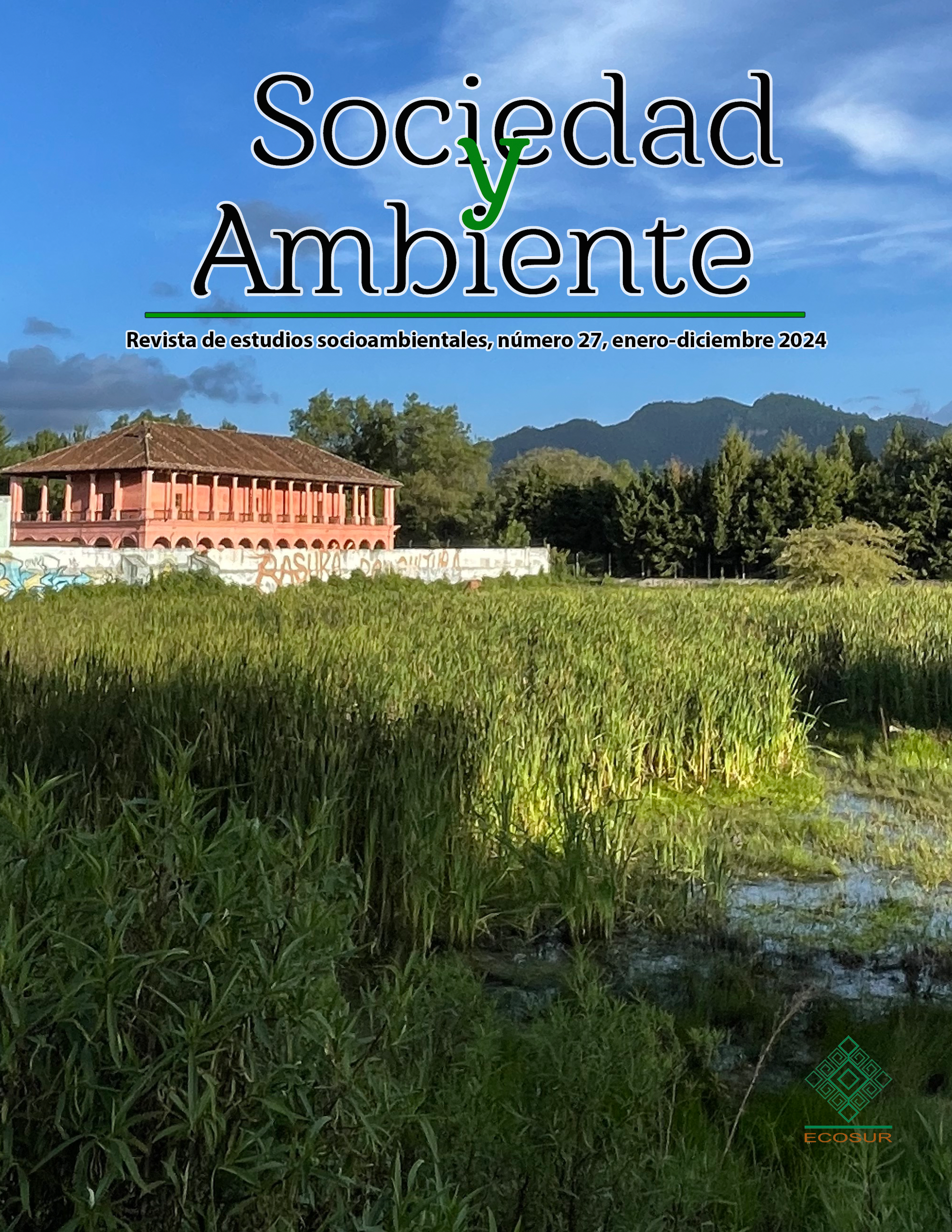Abstract
Coffee growing is a fundamental activity for the economy and livelihood of millions of families in Latin America. However, it faces multiple disturbances such as climate change, increased pests, and price volatility. Given this panorama, it is necessary to investigate how adaptation and transformation processes operate in local contexts. Our objective was to analyze producers’ perceptions regarding the impact of disturbances, as well as the adaptation and transformation trajectories of coffee socio-ecological systems in the municipality of Tepatlaxco, Veracruz. Based on 29 surveys of producers and four interviews with key informants, the main disturbances and trajectories of the production units were determined. We found that the adaptive capacity of producers in the low zone is based on diversification and adoption of practices that incorporate added value, while in the high zone, it depends mainly on access to social programs. Transformation processes are attributed to the abandonment of agriculture or changes in cultivation. We conclude that public policies must be focused on regional dynamics, facilitating innovation in the lower zone and improving conditions for commercialization in the upper zone.

This work is licensed under a Creative Commons Attribution-NonCommercial-ShareAlike 4.0 International License.
Copyright (c) 2024 The Authors


